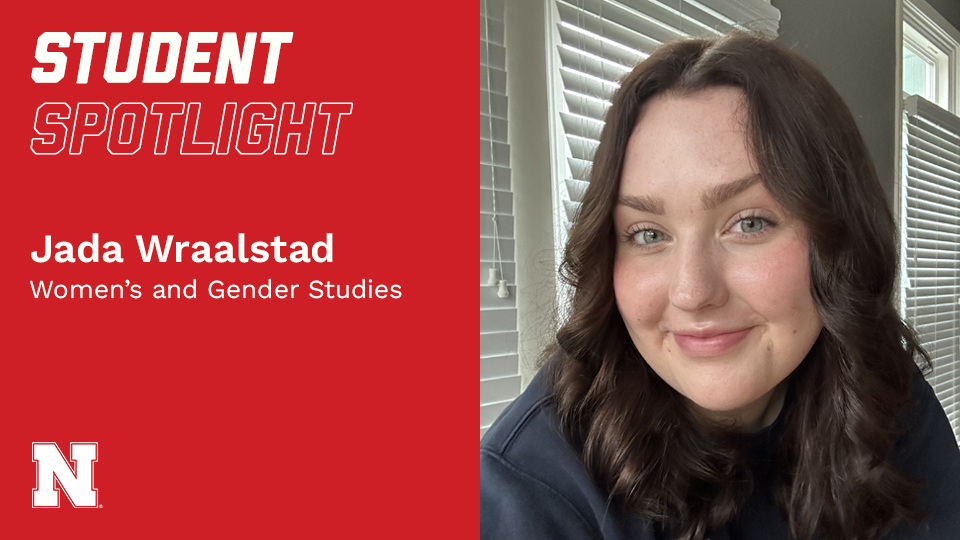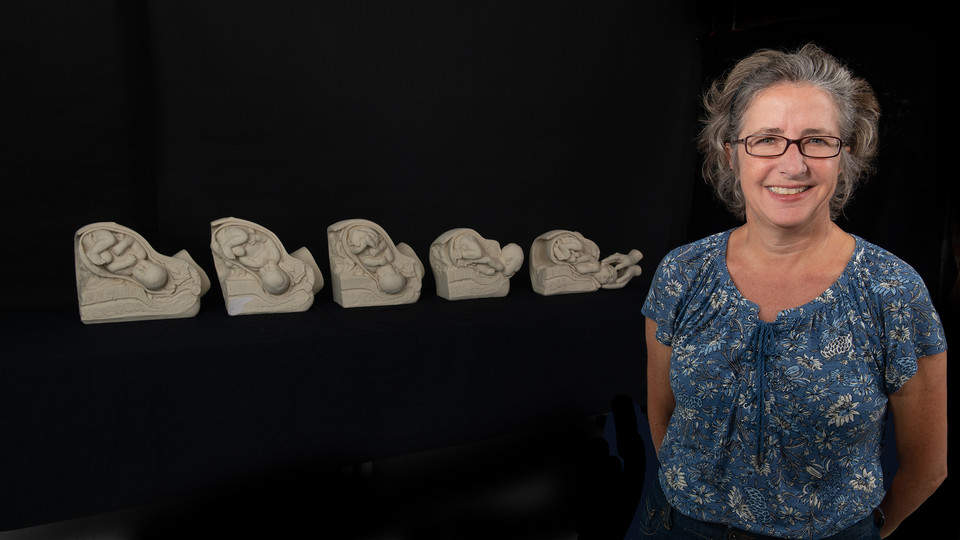
(From Nebraska Today, dated December 2, 2022)
Kelsy Burke, associate professor of sociology, and Emily Kazyak, associate professor of sociology and women’s and gender studies, co-wrote a Nov. 8 analysis piece for The Washington Post on how Americans’ support for transgender rights has declined in recent years. The article was among 30-plus national news stories featuring Husker faculty, staff, students, centers and programs in November.
Citing the Public Religion Research Institute’s recent American Values Survey, the researchers pointed out that in 2016, only 35% of Americans favored so-called “bathroom bills” — laws that require transgender people to use bathrooms that correspond to their sex assigned at birth, not their current gender identity. In 2022, after numerous states proposed such laws, the number of Americans supporting them rose to 52%. The jump was especially pronounced for white evangelicals and Republicans, less so for Democrats and those unaffiliated with religion.
Burke and Kazyak recently surveyed 938 mostly cisgender Nebraskans, asking them to explain their views about transgender bathroom use in their own words. They found that support or opposition hinges on beliefs about the nature of gender itself.
Supporters of transgender rights believe in gender fluidity and take transgender people’s experiences seriously. These respondents reasoned that “people should live their lives as the way they identify themselves.” Opponents see gender change as illegimitate and privilege cisgender people’s experiences. They reason that “you cannot choose gender” and that “society should not be forced to recognize other categories than male and female.”
“The culture war over transgender rights is part of a war over competing notions of gender and sexuality, and how those should be regulated in the social world. …,” Burke and Kazyak wrote. “Americans are divided because we have fundamentally different vantage points over whose identities deserve protection and which experiences are to be prioritized and believed.”



